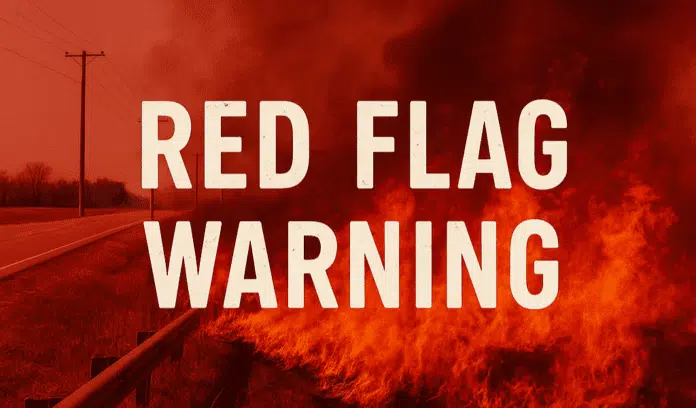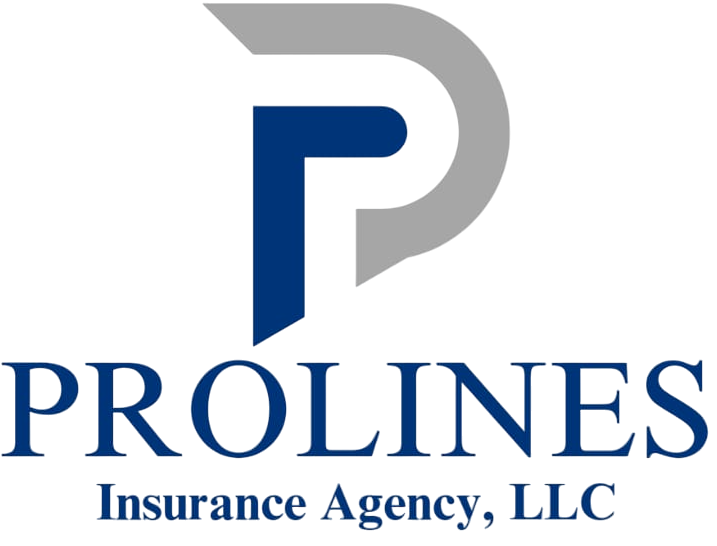
What Is a Red Flag (Fire Weather) Warning and How It Impacts Your Insurance in Florida?
Wildfires are becoming more common in the United States, including in parts of Florida. When weather conditions increase the risk of fire spreading quickly, the National Weather Service (NWS) issues a Red Flag Warning. If you own a home or run a business in Florida, it’s important to understand what this warning means — and how it may affect your insurance coverage.
What Is a Red Flag Warning?
A Red Flag Warning, also called a Fire Weather Warning, is issued by the National Weather Service fire definitions when conditions such as dry vegetation, low humidity, and strong winds make wildfires more likely.
This alert warns emergency personnel and the public that fire behavior may become extreme and that rapid spread is possible.
When Does the NWS Issue a Red Flag Warning?
According to the NWS fire weather warning criteria, a Red Flag Warning may be issued when:
- Wind speeds exceed 15 mph
- Humidity drops below 25%
- Recent heatwaves or droughts dry out vegetation
These are critical environmental factors that create ideal conditions for dangerous and fast-moving fires.
Why Should Florida Homeowners and Businesses Be Concerned?
While wildfires are commonly associated with western states, Florida is also at risk, particularly during dry seasons. A Red Flag Warning in Florida signals:
- Increased risk of property damage
- Possible impacts on your Florida homeowners insurance
- The need to assess your commercial property insurance coverage
- Greater responsibility to prevent fire-related losses
If you’re unsure whether your policy covers wildfire damage, it’s time to schedule a policy review.
How Does a Red Flag Warning Affect Insurance?
When your area receives a Red Flag Warning, your home or business is considered at a higher risk. Insurance companies may:
- Reevaluate risk zones
- Adjust premiums for fire-prone areas
- Pause coverage adjustments during active warnings
- Require evidence of fire safety measures when processing claims
Whether you’re insured through ProLines or another provider, reviewing your policy during fire season is a smart move.
What Should You Do If a Red Flag Warning Is Issued?
If you live or operate a business in an area under a Red Flag Warning:
- Remove dry brush and combustible materials from around your building
- Keep hoses, extinguishers, and emergency gear ready
- Review your insurance policy and store it in a safe place
- Avoid using open flames or equipment outdoors
- Monitor updates via the National Weather Service fire weather center and the Florida Forest Service current wildfire conditions
How ProLines Insurance Can Help
At ProLines Insurance Agency, we help Florida residents, real estate investors, and business owners stay protected with policies that account for regional risks like wildfires. If you’re unsure whether your current general liability policy or home insurance is wildfire-ready, our licensed agents are ready to help.
Need help understanding how Red Flag Warnings affect your insurance coverage?
Contact us today for a free consultation and policy review.
Conclusion
A Red Flag Warning is more than just a weather update — it’s a clear signal to prepare your property, check your coverage, and take proactive steps to reduce your risk. With the right insurance in place, you can face fire season with more confidence.


